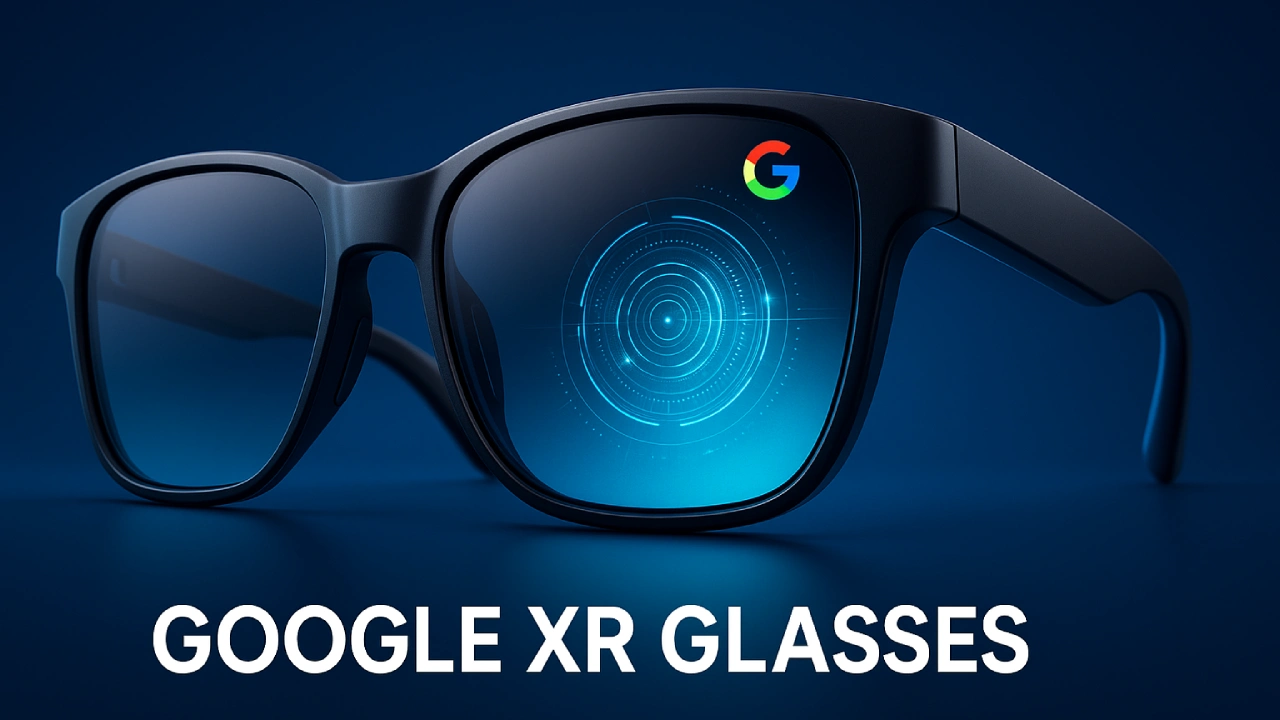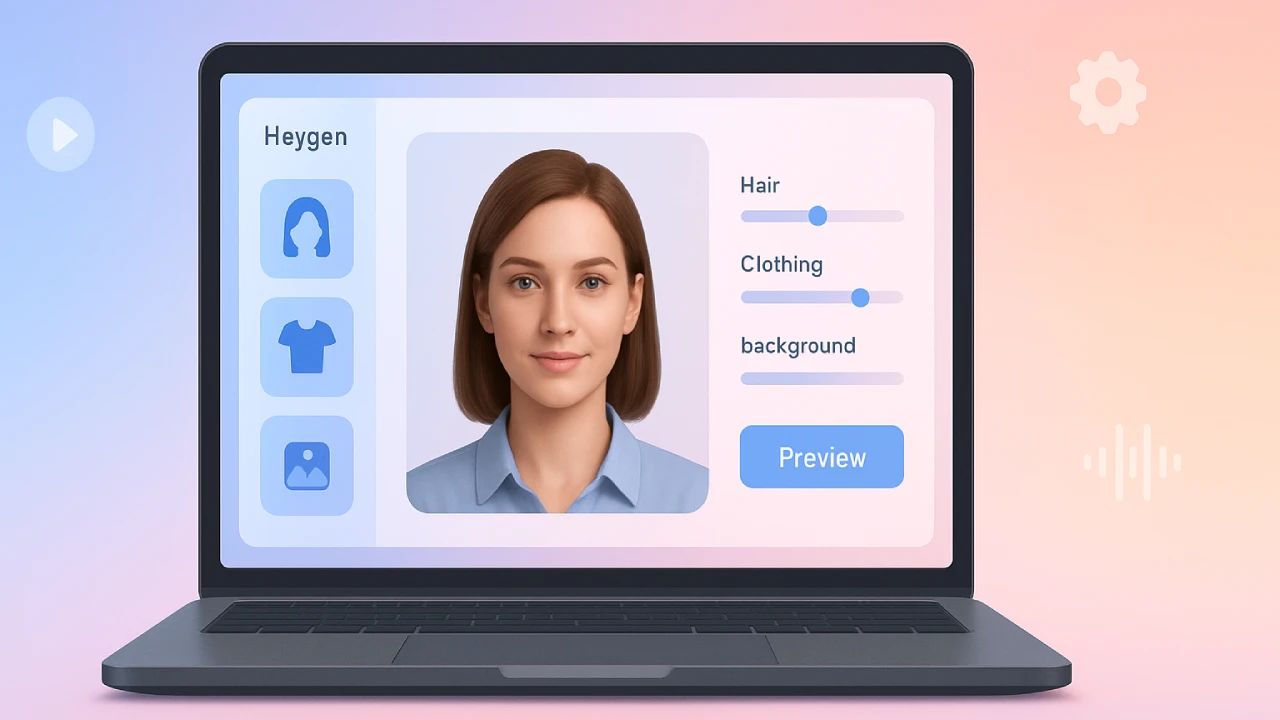As technology evolves, so does the way we interact with the digital world. Enter the Google XR glasses—a groundbreaking innovation that combines Android XR with Gemini AI, bringing smart, immersive experiences directly to your eyes. With Google now revealing details about this futuristic device, people are eagerly searching for answers about the Google XR glasses release date, price, features, and much more.
In this blog, we’ll break down everything we know about the upcoming Google XR smart glasses, including confirmed features, expected launch details, use cases, and why they might redefine the wearable tech space.
Google XR Glasses Release Date: When Can You Expect Them?
One of the top queries right now is about the Google XR glasses release date. While Google hasn’t announced a specific date yet, the company gave a sneak peek at Google I/O 2025, hinting that these smart glasses are well into development. The Android XR platform—built from the ground up for immersive devices—is already in the hands of developers. Google also confirmed partnerships with Samsung and eyewear brands like Gentle Monster and Warby Parker, which indicates a consumer launch could happen later in 2025 or early 2026.
With Samsung’s Project Moohan XR headset launching this year, experts believe the XR glasses will follow shortly after, as part of a growing Android XR ecosystem.
What Are Google XR Glasses?
Google XR glasses are more than just a smart wearable—they’re designed to offer hands-free AI-powered assistance through the Gemini AI model. These glasses include built-in cameras, microphones, and speakers, and pair seamlessly with your Android phone. You’ll be able to access apps, notifications, and live contextual information without ever needing to take your phone out of your pocket.
Here’s what makes the Google XR smart glasses unique:
- Voice-driven interaction powered by Gemini
- Turn-by-turn navigation directly in your field of vision
- Real-time appointment reminders and messaging
- Live language translation with real-time subtitles
- Quick photos and videos using simple commands
- In-lens display for private information overlay
This is Google’s most advanced take on wearable computing since Google Glass—and it’s backed by modern AI and privacy-first features.
Google XR Glasses Price: What Will They Cost?
Though the Google XR glasses price hasn’t been officially confirmed, industry analysts estimate that these premium smart glasses could range from ₹75,000 to ₹1,20,000 ($900–$1500) depending on the model and features. With Google’s partnership with fashion-forward brands like Gentle Monster, these glasses are positioned as everyday wearables, not just tech gadgets—meaning both tech and design will contribute to the price.
Expect models with and without the in-lens display, which could significantly affect pricing tiers.
Android XR: The Platform Behind the Magic
The Android XR smart glasses are powered by the new Android XR platform, developed specifically for headsets, AR glasses, and immersive devices in the Gemini AI era. Android XR enables the glasses to:
- Understand your surroundings through the camera
- Provide proactive suggestions based on context
- Work across devices—phone, watch, TV, car, and now smart glasses
This integration allows Google’s Android XR smart glasses to become your always-there assistant—capable of helping in real-world or virtual environments.
Designed for All-Day Wear
Let’s face it—people won’t wear smart glasses unless they actually look good. That’s why Google is collaborating with lifestyle eyewear brands like Warby Parker and Gentle Monster. These companies are helping shape frames that are stylish, lightweight, and practical for all-day wear.
Unlike early wearables that looked bulky and “too techy,” these Google XR smart glasses are expected to resemble traditional fashion-forward eyewear while still packing powerful sensors and displays inside.
Privacy and Real-World Testing
Google has already begun real-world testing of prototype glasses with trusted testers. Feedback is helping Google improve how the glasses interact with people and environments while respecting privacy.
As AI glasses become more context-aware, it’s essential that they handle data privacy responsibly—not only for the wearer but for those around them. Google’s approach is focused on privacy-by-design, making this a central part of the development process.
Final Thoughts: The Future of AR Smart Glasses is Here
The Google XR glasses represent a major leap forward for wearable technology, combining Gemini AI with real-world awareness through Android XR. Whether you’re navigating city streets, translating conversations, or just checking your calendar, these glasses aim to be the ultimate AI assistant on your face.
With high interest around Google XR glasses release date, price, and features, it’s clear that this will be one of the most exciting tech launches in years.
Are you ready for smart glasses that actually make sense—and look good doing it?







